With the global community becoming increasingly aware of the magnitude of the plastic crisis, there is a pressing need for significant change. In October 2023, Economist Impact organised the Global Plastics Summit in Bangkok. The event was supported by The Nippon Foundation and the Minderoo Foundation, in association with the Back to Blue initiative. The summit took place one month before the commencement of the third session of the Intergovernmental Negotiating Committee (INC) for a UN plastics treaty, and shortly after the release of a “zero draft” of the treaty.
During the summit, Naka Kondo, lead editor and project lead of the Back to Blue initiative, had the opportunity to speak with three experts on ocean conservation and pollution. They shared their perspectives and expectations regarding the current UN plastics treaty in anticipation of the upcoming meetings in Nairobi.
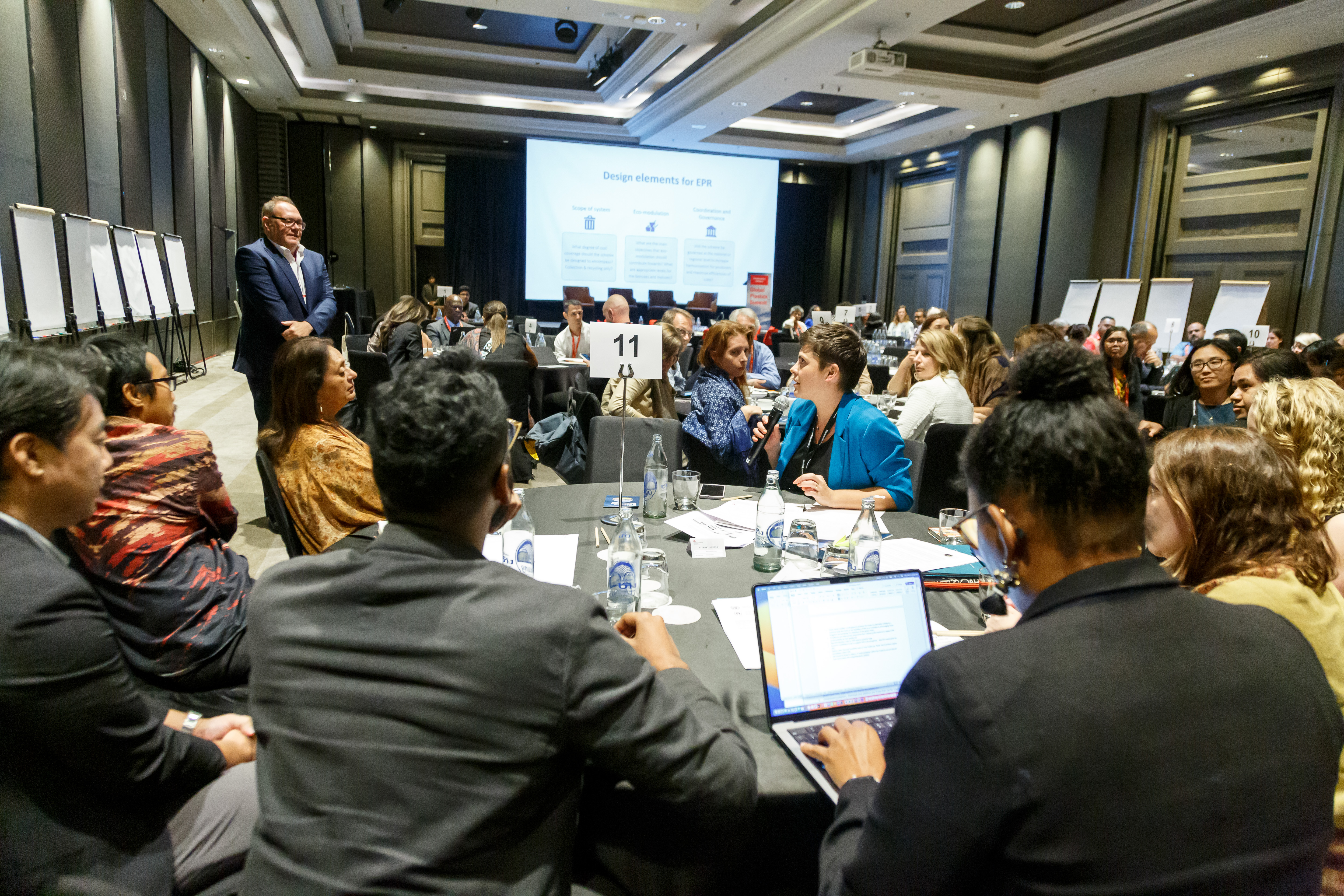
Anjali Acharya, marine plastics lead, World Bank

There is a general sense of optimism around the global treaty as a legally binding instrument – cautious optimism but optimism, nonetheless. Having the ‘zero draft’ has allowed for much conversation across panels and sessions and it has anchored a lot of the discussions. During the various side events, we have provided a stage for all the delegates to roll up their sleeves and engage in discussions about the possible recommendations on key plastics-related issues.
It’s essential to have these conversations with a range of people at the table – including both public and private sector financing – and consider the financing mechanisms, the eligibility criteria, the sustainability of these options. The zero draft raises the question of exploring new financing mechanisms, or relying on pre-existing mechanisms but irrespective of that it is essential to know that the financing aspect will be critical for how countries go about implementing future actions.
Small island developing states represent a microcosm of what is going to happen elsewhere. The plastic pollution they are experiencing is a precursor to what other countries will experience if nothing is done. These areas contribute a very small percentage of plastic produced but are impacted by tremendous amounts of plastic pollution washing up on their shores and they do not have the economies of scale that allow for large-scale recycling or re-processing. Several countries considering policy measures including banning certain types of plastic or incentivizing reuse and recycling, what we have heard at the summit is that they are looking for technical knowledge, financial support and innovation that can help them better manage plastic pollution. Key areas of focus include working in collaboration with countries to identify their individual needs and simultaneously working collaboratively with partners such as UNEP, the World Economic Forum’s Global Plastic Action Partnership to understand what kind of assistance is most needed; policy support, analytics, and/or investments along the lifecycle and how we might best deliver these.
Christian Kaufholz, Co-director, Global Plastic Action Partnership

The Summit was a great opportunity to have important conversations and build connectivity across partners and stakeholders prior to INC3. This is an incredibly fast-moving space, and it was highly valuable to have an exchange of ideas, assess reactions and benchmark people’s expectations related to the zero draft treaty.
Plastics is a unique topic. Everyone can relate to. While climate change can appear abstract and its impacts are more elusive for many people, , plastics is more tangible. We all touch, consume, throw out plastic items every day and can more directly relate to plastic pollution as a real and pressing issue.
This treaty provides the global community an opportunity to not only address plastic pollution, but also to bring people together to enact real change multilaterally, across stakeholders and cultures, creating a broader movement that speaks to the way we consume, produce and behave. Ambitions to tackling plastic pollution can go above and beyond just the task at hand to encompass bigger environmental and social opportunities for change.
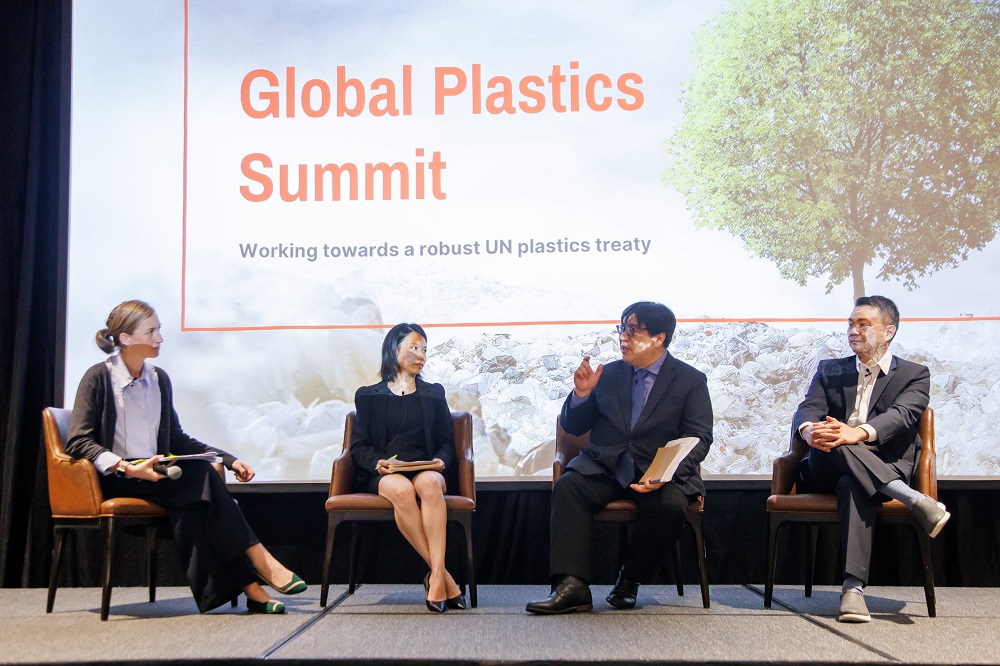
The global treaty process also invites us to have a close look at what needs global, regional, national and subnational solutions. Global provisions and nationally determined approaches need to balance and reinforce each other. If we don’t leverage this opportunity to agree on global standards, targets and obligations and just leave it to countries to individually tackle this, we don’t need a treaty in the first place. At the same time, the most ambitious and binding treaty must translate down, and this must be done through robust, inclusive and evidence-based national action plans, supported by subnational, regional and local approaches. It is essential that these strategies be informed and shaped through multistakeholder platforms that include the local communities that will be enacting them, be it a business, a waste picker, an activist, or a consumer.
Thinking about implementation, it is essential that developing countries, especially least developed countries and small island developing states have the means to implement the treaty. OOtherwise the burden will be unfair, and we won’t see effective and cohesive implementation. Broadly, it’s important to consider how financial flows and otherresources – across public and private sectors – are redirected from a linear system to a circular format beyond the treaty. This will involve questioning some fundamental economic and consumption models that underpin our economy. Thinking through how to better balance investments that address waste treatment with more investments that advance waste prevention is another big shift that will take time beyond the treaty and will need to be underpinned by massive resourcing.
Peter Thomson, United Nations Secretary-General's Special Envoy for the Ocean
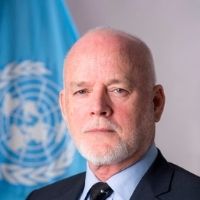
“One of the key issues is that even though nature-friendly alternatives to plastics are readily available, most are still in development stages. The basic reason for that is that they haven’t benefited from the plastic industry’s ride on the back of the highly-subsidised oil and gas industry. During my lifetime, plastic became accepted as this cheap, throw-away material with a huge range of applications, and the nature-friendly alternatives just fell away in terms of competitiveness and convenience. Now that we’re seeing the pervasive pollution of the planet by virtually indestructible plastic and microplastics, we are realising the error of our ways.
It’s time to redirect the subsidies from the oil and gas industry, and thereby the production of virgin polymers for plastics, to the nature-friendly alternatives. Scaling up these alternatives is imperative, if we truly want to live in circular economies in harmony with nature. If those trillions of dollars of subsidies granted over the decades had been directed instead into biofriendly alternative technologies, we would already be living in a circular economies around the world. I’m old enough to remember a world without plastic, and I assure you it was a very nice way to live.
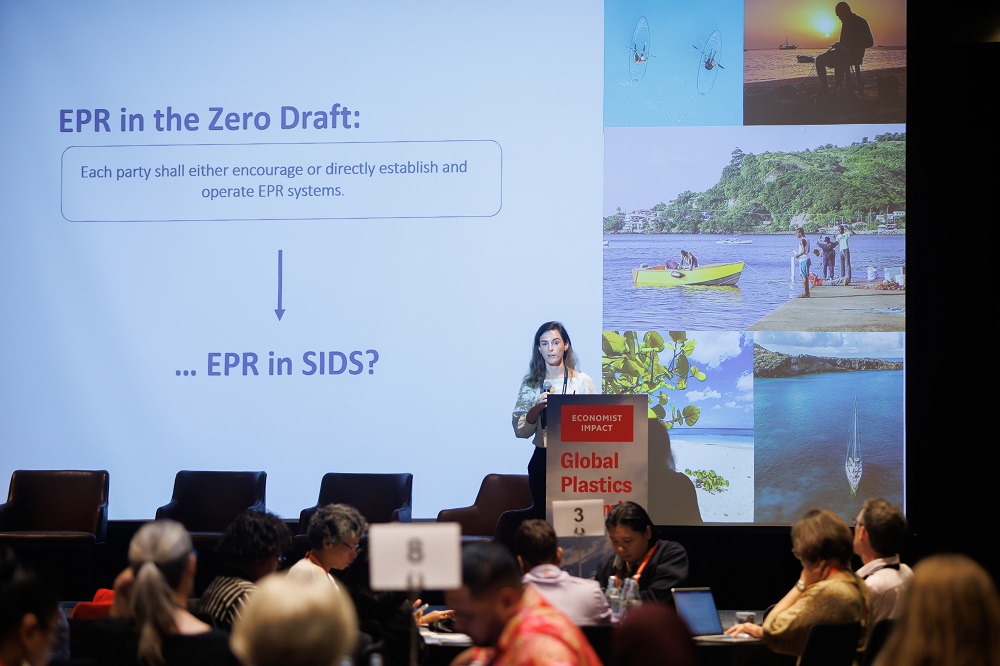
Regarding the zero draft of the Plastic Pollution Treaty now under negotiation, I believe we should also be emphasising the negative effects of plastic on human health, and on animal health, with much more research funding being dedicated for that purpose. If the treaty is ambitious enough, this aspect of it could have massive implications for the well-being of generations to come, let alone what remains of our own lives. It is so important for us all that this issue of plastic’s negative impact on human health does not get diluted during the treaty negotiations.
As UNEP Director-General Inger Andersen has stated, plastic recycling does not work. We’ve had many, many years of recycling our waste at huge cost to no great effect, so we must acknowledge that this is not the solution. The circular economy – making sure that we’re only dealing with products and ingredients that are derived from nature, so that they can then return to nature – is the right way forward.
While the negotiators negotiate, it is important that we foster around them an atmosphere of ambition and optimism. This treaty has the potential to be one of the most significant steps humankind can make in stopping the war on nature, and making peace. The petrochemical industry is one of the most powerful industries on the planet and they can be expected to defend their interests. But humankind has larger interests, including intergenerational justice and the existential challenge of overcoming the triple planetary crisis.”
EXPLORE MORE CONTENT ABOUT THE OCEAN
Back to Blue is an initiative of Economist Impact and The Nippon Foundation
Back to Blue explores evidence-based approaches and solutions to the pressing issues faced by the ocean, to restoring ocean health and promoting sustainability. Sign up to our monthly Back to Blue newsletter to keep updated with the latest news, research and events from Back to Blue and Economist Impact.
The Economist Group is a global organisation and operates a strict privacy policy around the world.
Please see our privacy policy here.
THANK YOU
Thank you for your interest in Back to Blue, please feel free to explore our content.
CONTACT THE BACK TO BLUE TEAM
If you would like to co-design the Back to Blue roadmap or have feedback on content, events, editorial or media-related feedback, please fill out the form below. Thank you.
The Economist Group is a global organisation and operates a strict privacy policy around the world.
Please see our privacy policy here.




 The scourge of untreated wastewater
The scourge of untreated wastewater Slowing
the chemical tide: safeguarding human and ocean health amid
chemical pollution
Slowing
the chemical tide: safeguarding human and ocean health amid
chemical pollution Hazardous chemicals in plastics - the discussions at INC
Hazardous chemicals in plastics - the discussions at INC







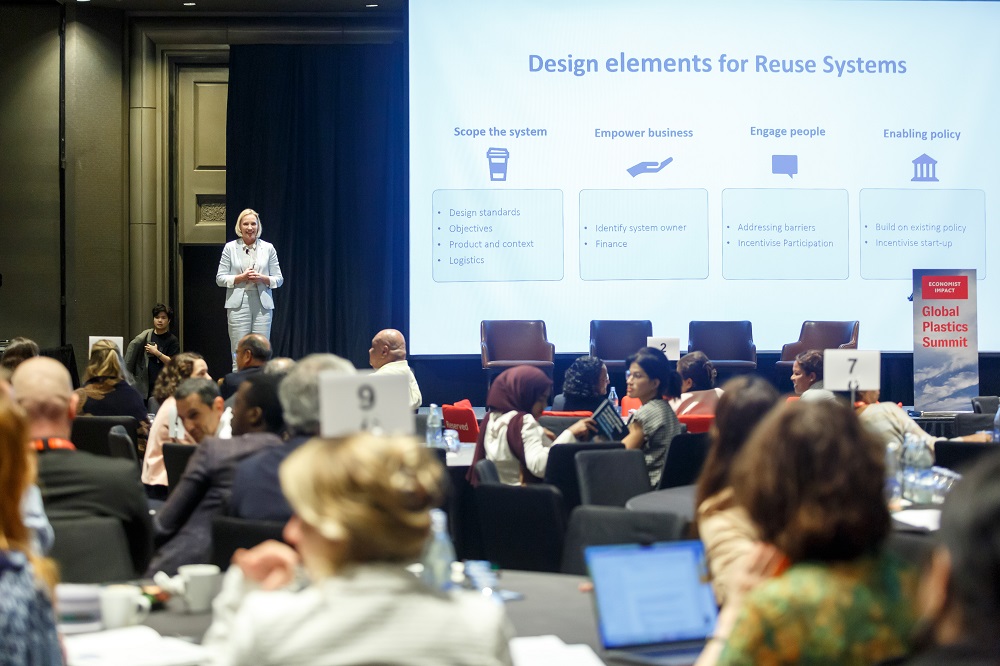
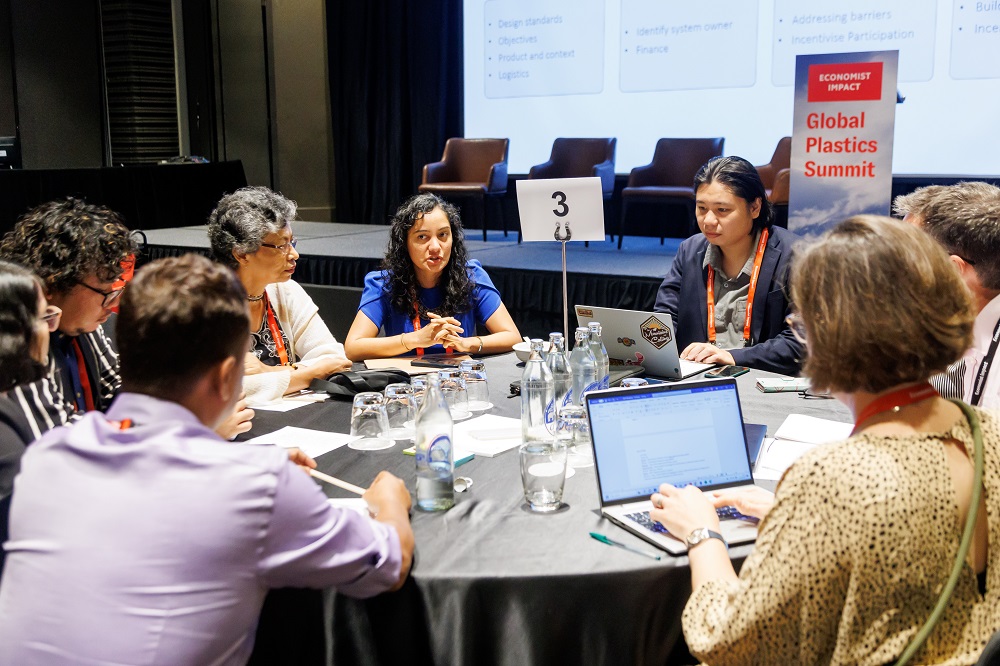
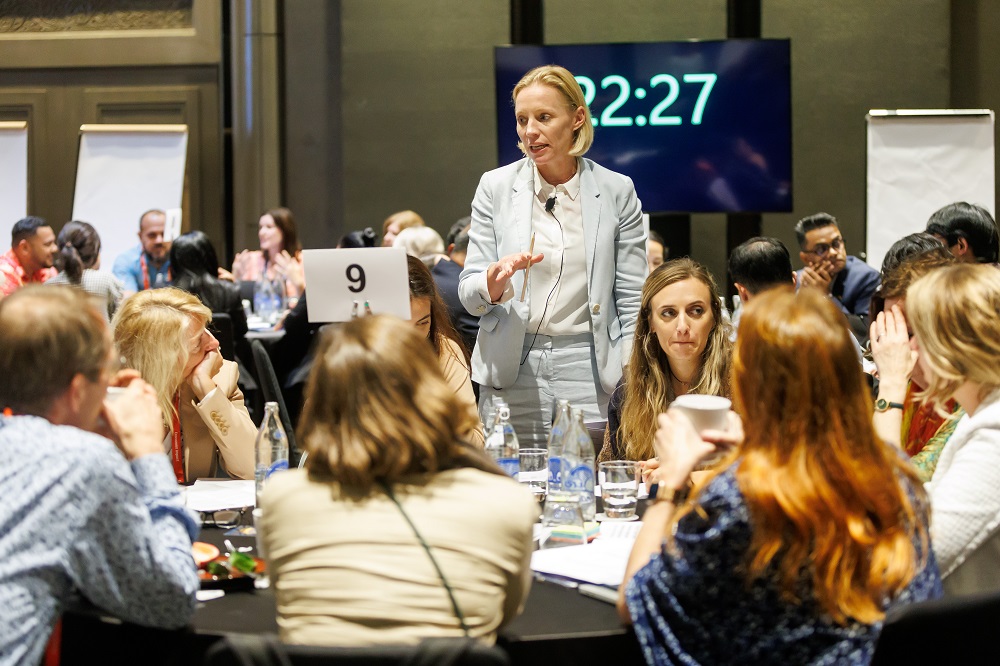
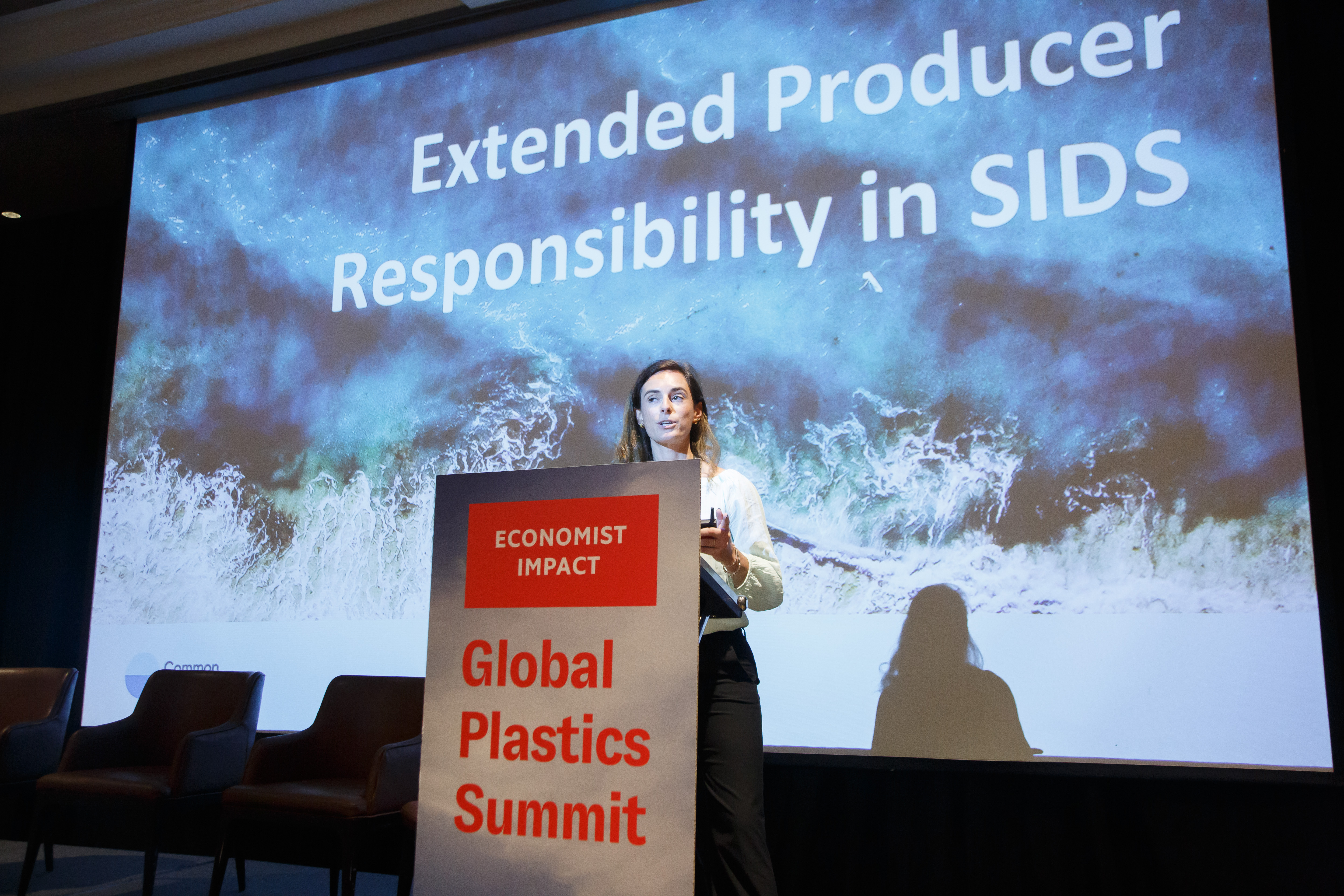
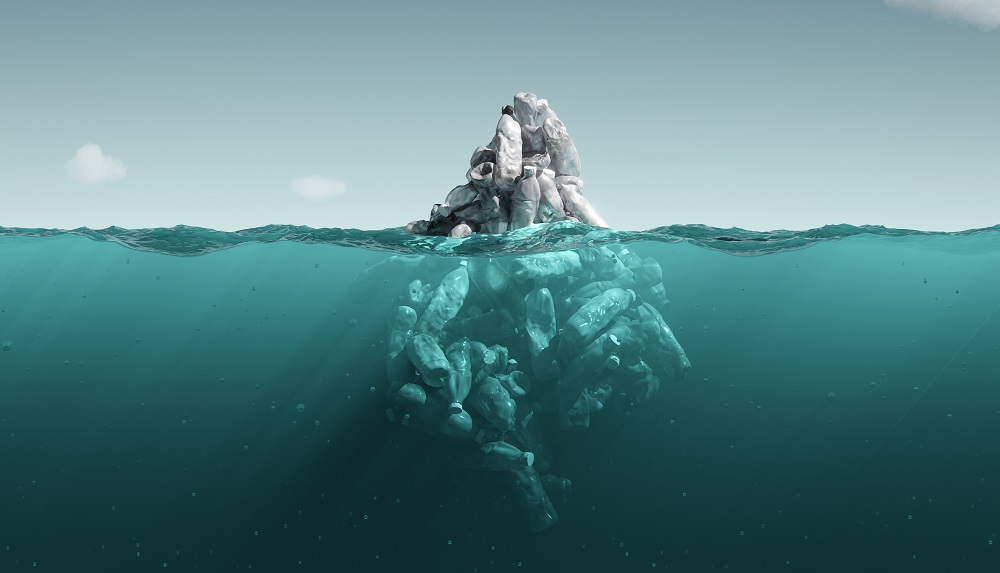
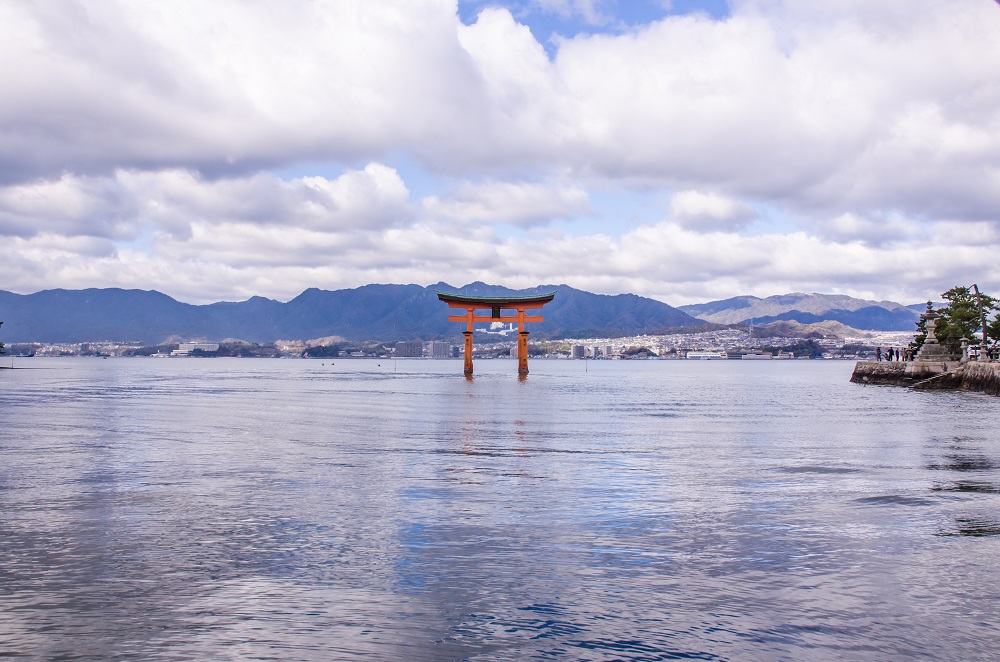
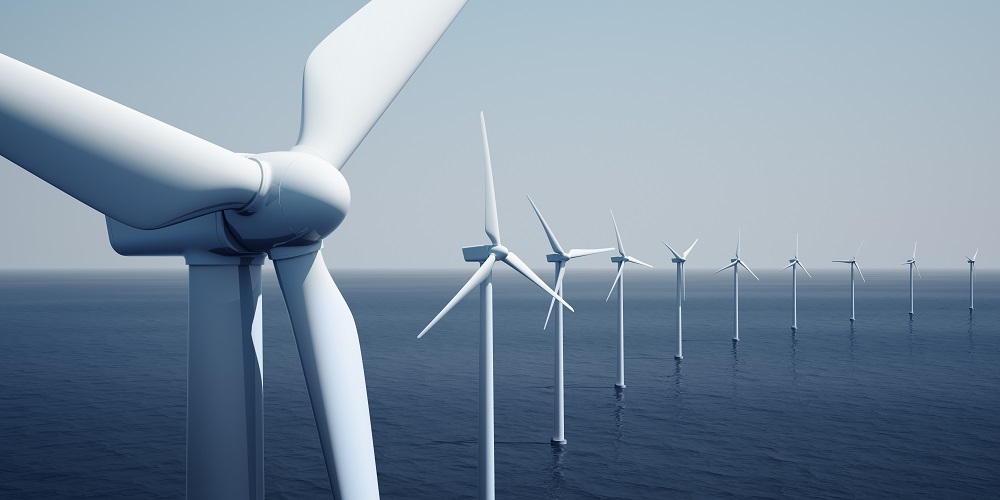
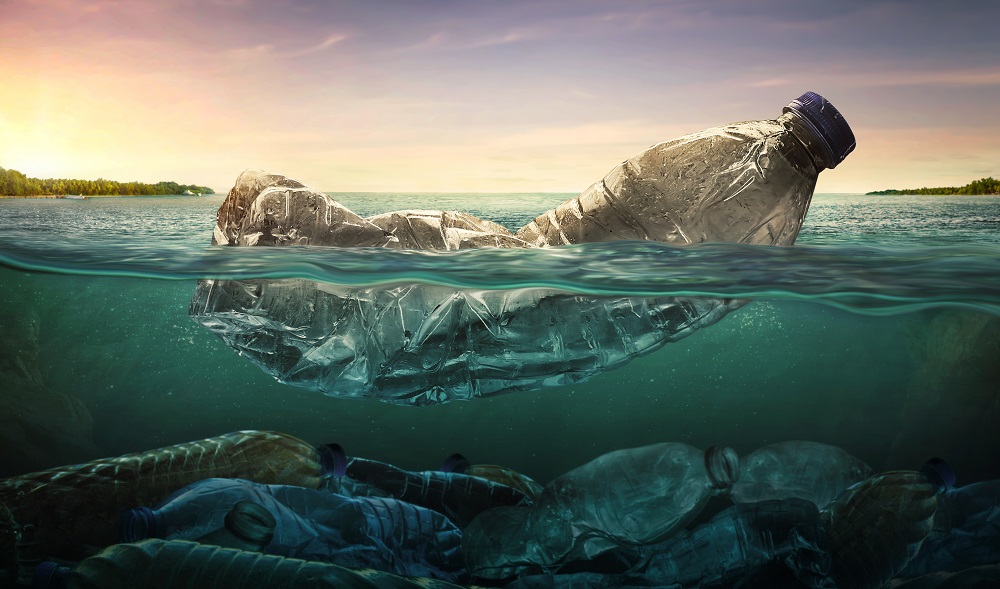

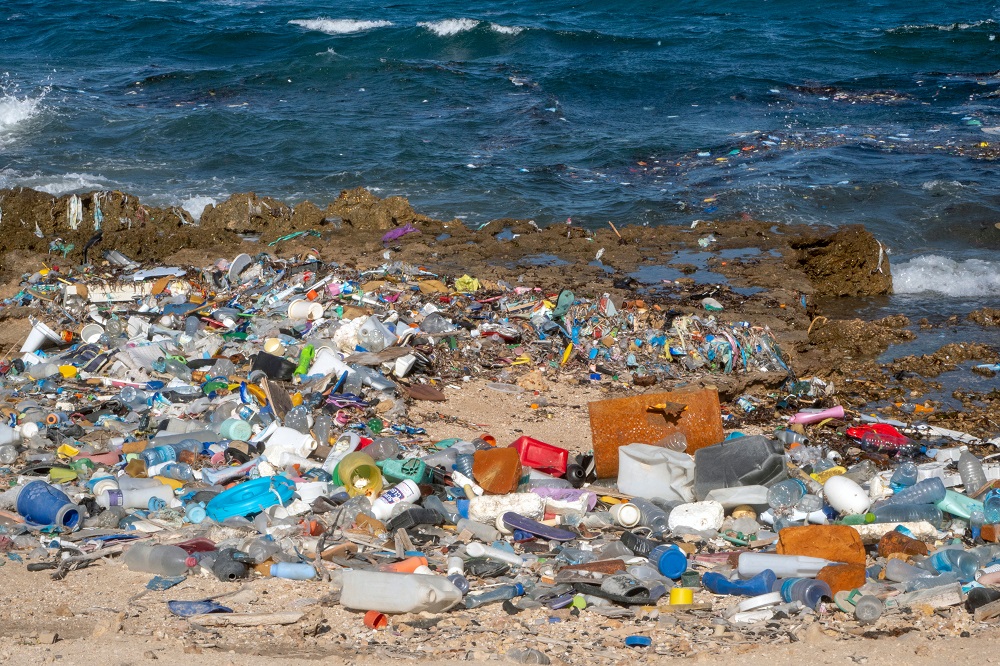
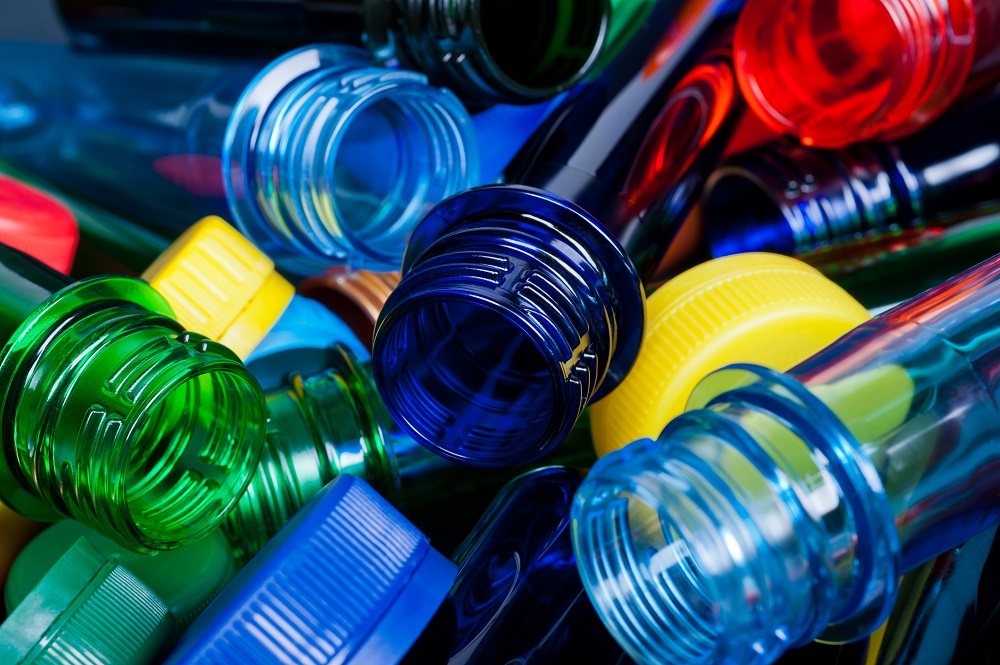
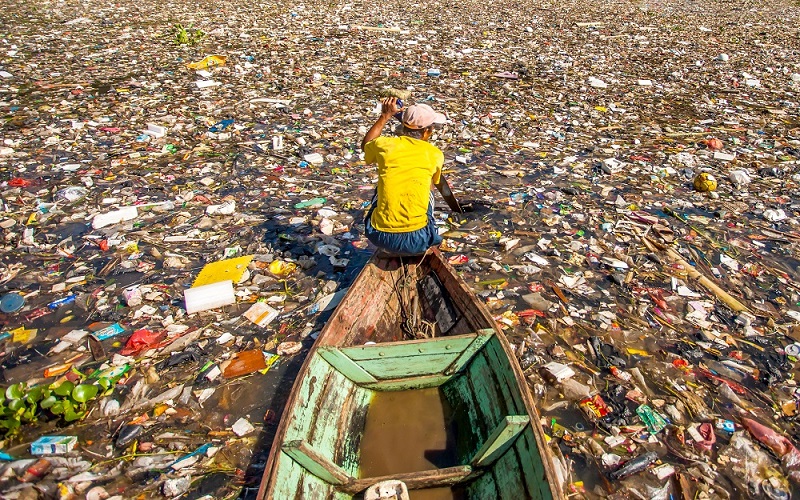
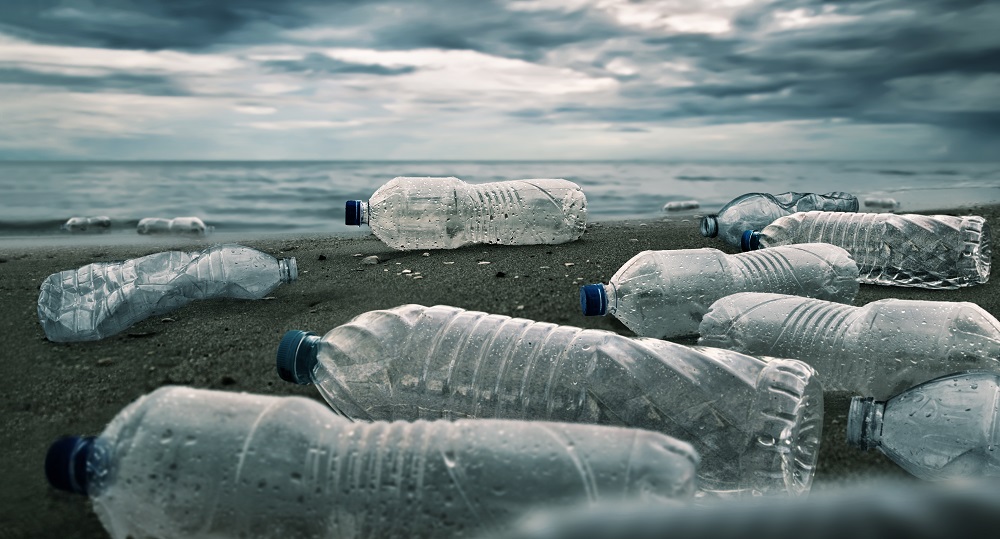

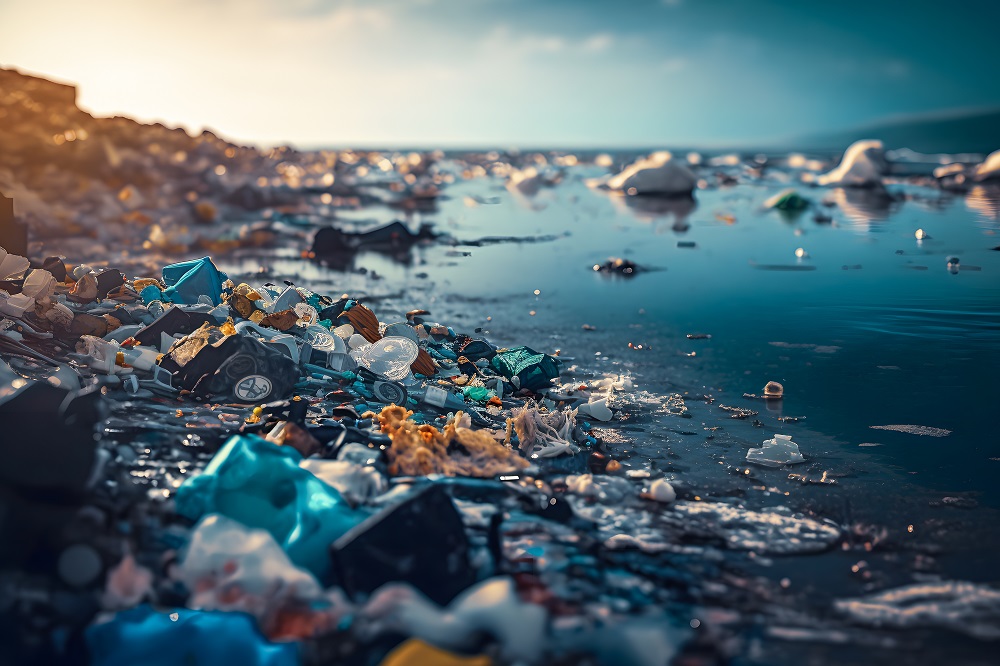
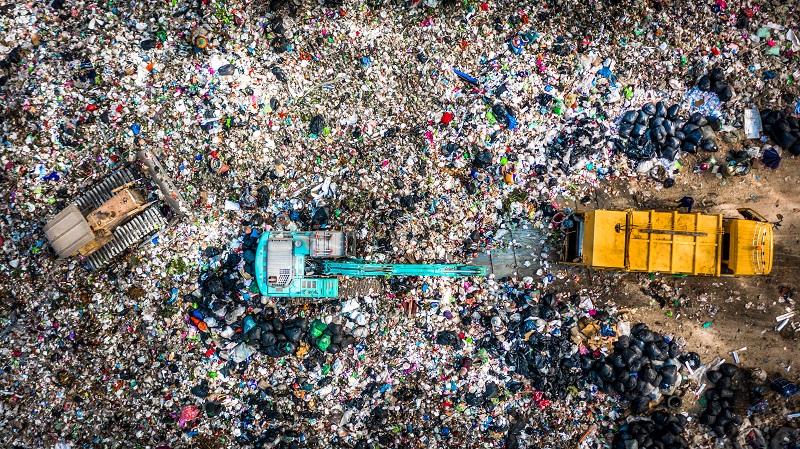
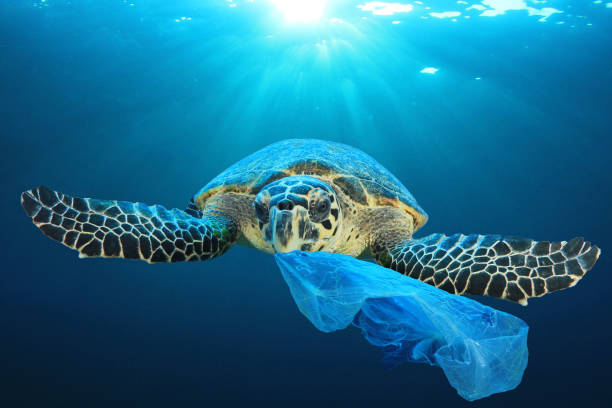
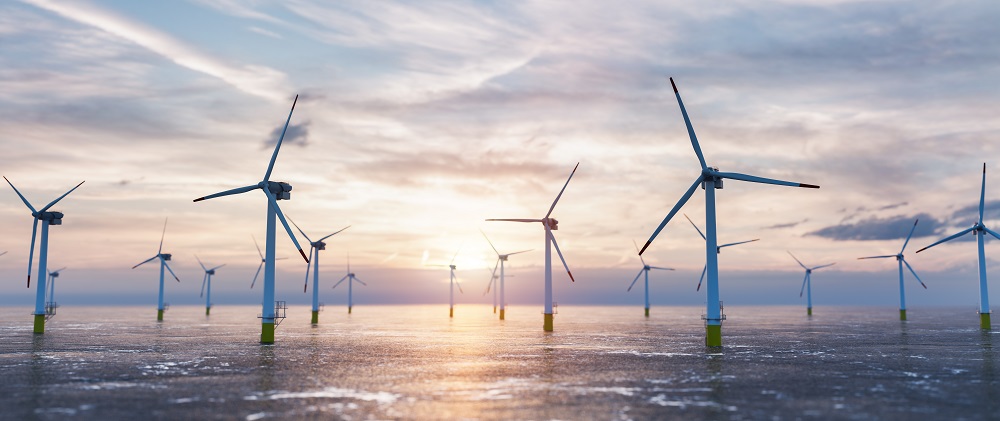 Affiliated contentWhy Offshore Wind Needs Looking After
Affiliated contentWhy Offshore Wind Needs Looking After